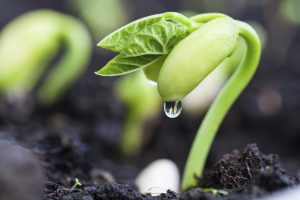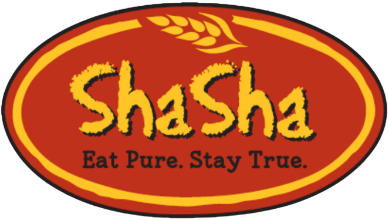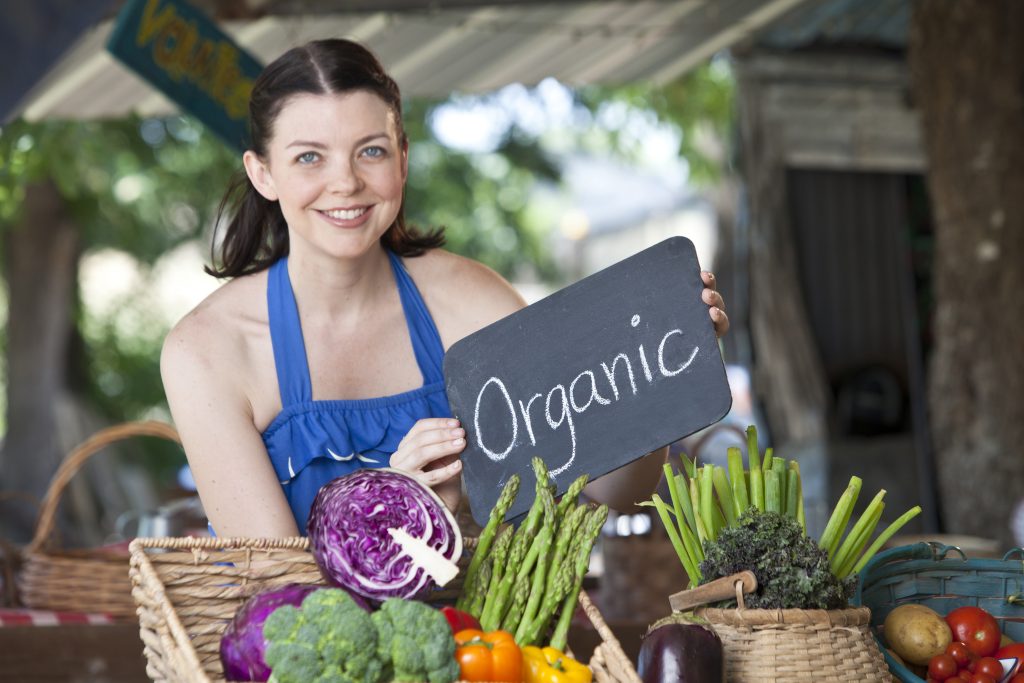Greenwashing is the practice of using words like ‘natural’ or ‘organic’ on a product to entice buyers even when the products don’t deliver. While the fact that consumers are demanding food that is healthier and contains fewer chemicals is a promising development, studies show that many companies are not telling the whole truth on their labels. This is partly because there aren’t stringent guidelines which companies need to meet in order to use words like ‘natural’ and because the standards that do exist are poorly enforced by the regulatory agencies.
When customers read labels, they assume that all the ingredients are listed and that they are buying a healthier or more environmentally friendly product. A recent study by TerraChoice Environmental Marketing researched more than 2,000 products which described themselves as environmentally friendly and found that only 25 lived up to the claims their labels made.

What does ‘natural’ mean?
Unfortunately, there is no regulation of the word ‘natural’, so food manufacturers can use it with wild abandon. One of the reasons for this is that it is difficult to say exactly what ‘natural’ is. Are only fruits and veggies natural? Are foods unnatural if they have been processed in some way or only if they have chemical additives? Aren’t chemical additives derived from natural ingredients? You can see how defining ‘natural’ gets a little tricky.
What this does mean is that companies can use the term without fear of repercussion. It also means that GMO foods can be labeled as ‘natural’. Foods which contain artificial ingredients, pesticides or artificial growth hormones and antibiotics can all use the ‘natural’ moniker. Ann Clark from the University of Guelph: “given the ambiguity of `natural’ and `naturally raised,’ these terms mean essentially nothing.”
From the FDA: “…it is difficult to define a food product that is ‘natural’ because the food has probably been processed and is no longer the product of the earth. That said, FDA has not developed a definition for use of the term natural or its derivatives. However, the agency has not objected to the use of the term if the food does not contain added color, artificial flavors, or synthetic substances.”
What does ‘organic’ mean?
Organic is a label that carries stringent regulatory guidelines. The process of getting USDA Organic approval means you can’t have used pesticides for at least three years, and that no chemical fertilizers or GMO crops are utilized. When organic is used for meat, egg and dairy products, those products can’t contain hormones or antibiotics and animals must have access to grazing and feed which is GMO free.
In Canada, the CFIA enforces organic regulations, but this is only a guarantee that the correct processes have been followed and does not necessarily imply that the product is completely GMO free as cross-pollination with GMO crops may occur.
Products that use the ‘organic’ label must be certified by the CFIA and must have 95% organic content. This still leaves a 5% window for chemicals, preservatives and other additives that consumers may not realize make up their organic foods.
Consumer Guidelines for Buying
So how can consumers be sure that the foods that they are buying are healthy and that they are getting what they pay for? While foods that are labeled ‘natural’ may not be so, you can be sure that certified organic foods are better to consume. Some loopholes mean that manufacturers don’t have to declare all the ingredients on the label, so breads made by commercial bakeries use enzymes, additives and preservatives that are not listed. Sourdough bakeries with long fermentation processes do not need to add enzymes and additives as the dough will rise naturally.
The best way to ensure that your products are healthy is to do some research on the company so that you know exactly what you are getting. Pay attention to the way your body reacts after eating a product to gauge whether it is a good match for your digestive system. Another way to tell if there are latent chemicals in your food is how long it lasts. Natural foods and organic breads spoil and a bread that lasts for weeks without mold is cause for concern; if fungus won’t eat it, neither should you.





